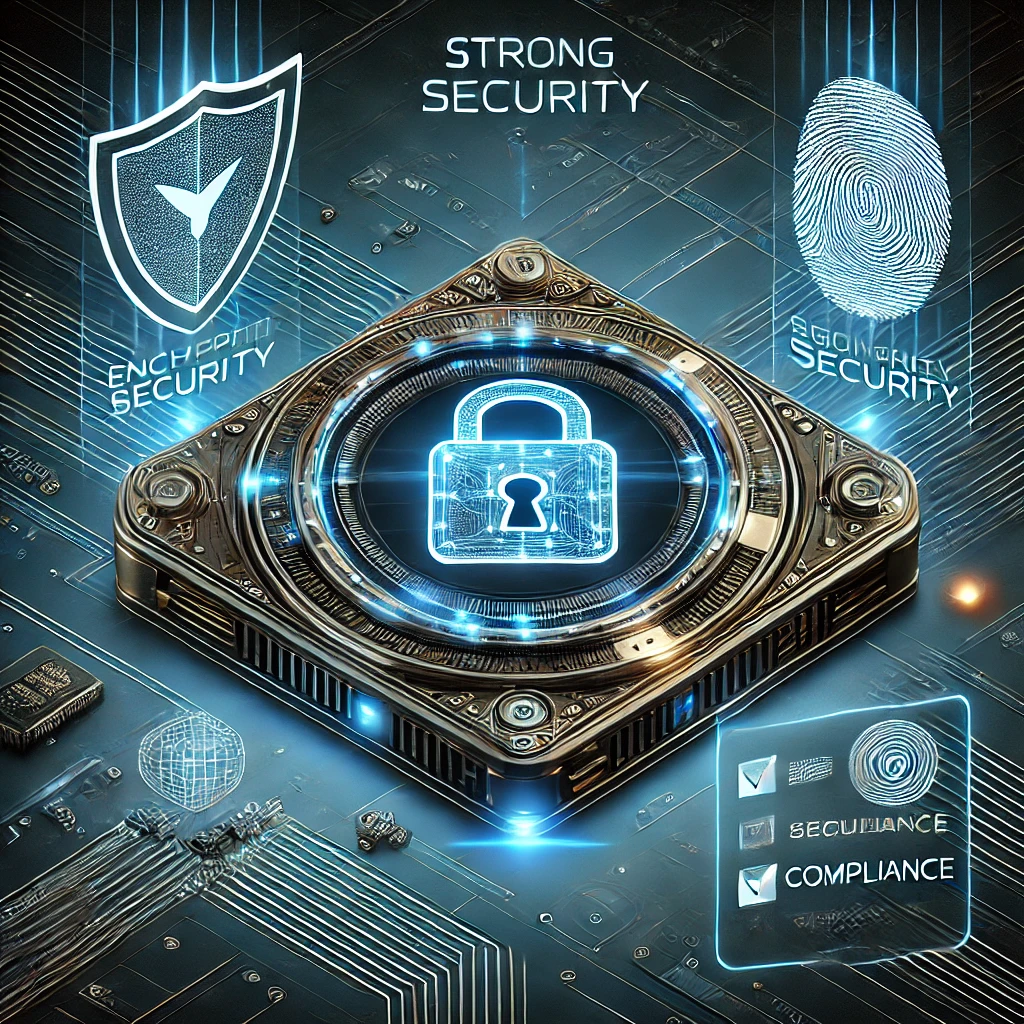How Cryptocurrency Wallet Development Services Ensure Security and Compliance
Cryptocurrency wallets are essential for storing, sending, and receiving digital assets like Bitcoin, Ethereum, and other cryptocurrencies. However, security and compliance are top concerns in crypto wallet development. Hackers are always looking for vulnerabilities, and regulators are tightening rules to prevent fraud and money laundering. So, how do cryptocurrency wallet development services ensure both security and compliance? Let’s explore the key strategies used by developers to build secure and compliant wallets.

1. Implementing Strong Encryption and Security Protocols
One of the biggest threats to crypto wallets is cyberattacks. To prevent hacking attempts, developers use advanced encryption techniques. This includes:
- End-to-End Encryption: Ensures that sensitive data, such as private keys, remains secure.
- Multi-Signature Authentication: Requires multiple approvals for transactions, reducing the risk of unauthorized access.
- Two-Factor Authentication (2FA): Adds an extra layer of security by requiring users to verify their identity.
2. Cold Storage for Private Keys
Private keys are the most valuable assets in a cryptocurrency wallet. Developers often use cold storage solutions to keep private keys offline, making it nearly impossible for hackers to access them remotely. Hardware wallets and paper wallets are common cold storage methods.
3. Compliance with Regulatory Standards
Governments worldwide are introducing stricter regulations for cryptocurrency transactions. To stay compliant, wallet development services follow these regulations:
- Know Your Customer (KYC): Verifies user identities to prevent fraud and money laundering.
- Anti-Money Laundering (AML): Ensures transactions are monitored for suspicious activities.
- General Data Protection Regulation (GDPR): Protects users’ personal data by ensuring secure storage and processing.
4. Regular Security Audits and Penetration Testing
To stay ahead of potential security threats, developers conduct regular security audits and penetration testing. These tests help identify vulnerabilities before hackers can exploit them. Independent security firms often audit wallets to ensure they meet industry security standards.
5. Secure Backup and Recovery Options
Users need a secure way to recover their wallets in case they lose access. Developers provide:
- Seed Phrases: A set of words that help users restore their wallets if lost.
- Encrypted Cloud Backup: Stores wallet data securely for easy recovery.
6. Decentralization for Enhanced Security
Many modern crypto wallets use decentralized technology to eliminate single points of failure. Decentralized wallets store private keys on users’ devices instead of centralized servers, reducing the risk of mass data breaches.
7. Open-Source Code for Transparency
Open-source wallets allow developers worldwide to inspect and improve security measures. Since the code is publicly available, it becomes harder for malicious actors to introduce hidden vulnerabilities.
Conclusion
Cryptocurrency wallet development services prioritize security and compliance by using encryption, cold storage, multi-signature authentication, and regulatory compliance measures. Regular security audits, secure backup options, and decentralized technology further enhance wallet security. As the crypto industry continues to evolve, wallet developers must stay ahead of security threats and regulatory changes to ensure users’ funds remain safe.
If you’re planning to develop a cryptocurrency wallet, partnering with an experienced development service is crucial to building a secure and compliant solution. Stay protected, stay compliant, and enjoy the benefits of secure digital asset management!
CryptocurrencyWallet #CryptoSecurity #BlockchainTechnology #CryptoCompliance #SecureWallet #CyberSecurity #KYCAML #CryptoRegulations #CryptoDevelopment #BlockchainSecurity
